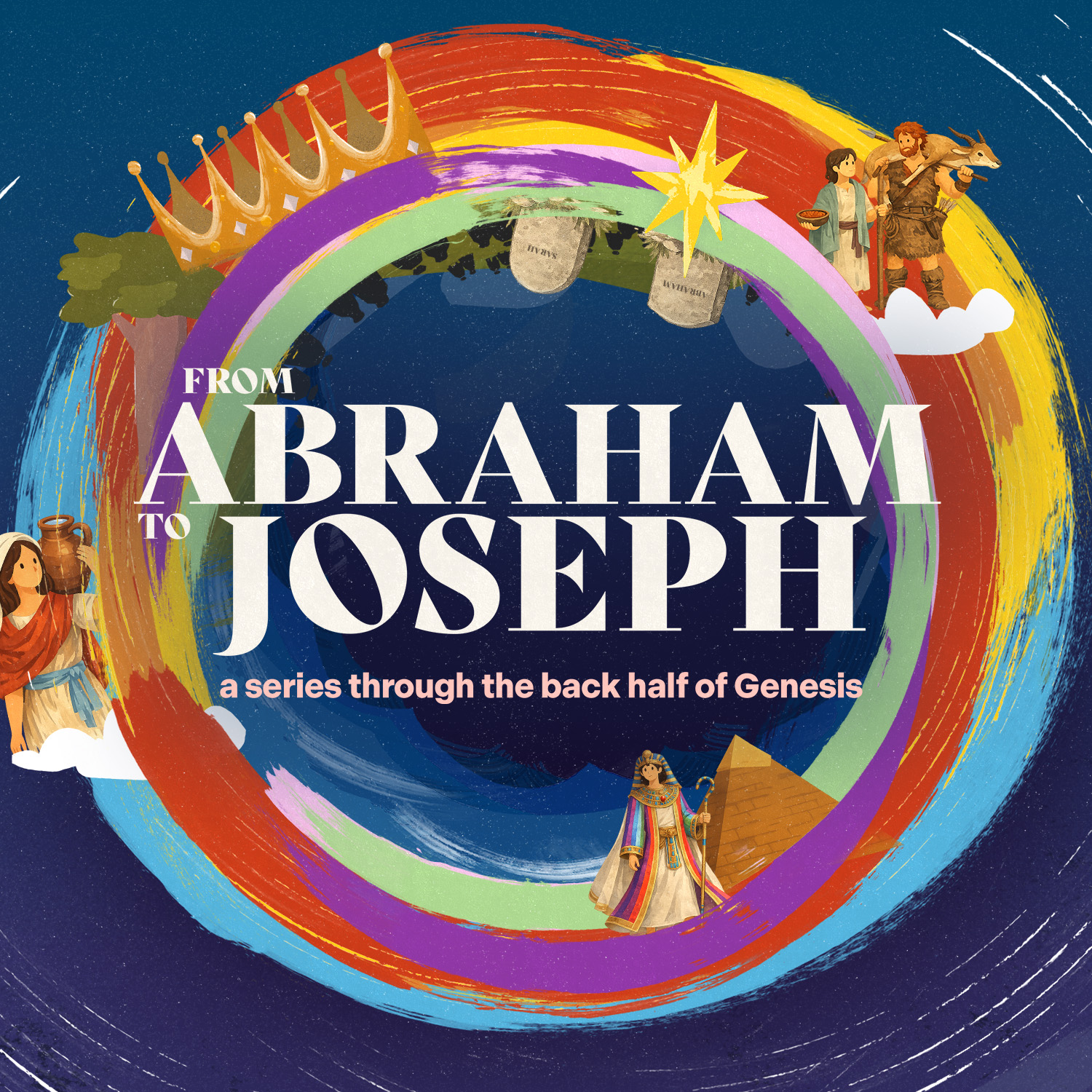It was recently pointed out to me that I haven’t brought up the topic of giving in years. Oops. I guess time just got away from me. I covered the topic in a sermon on May 8, 2022, and Doug Davison also taught on it in a sermon on May 15, 2022 (we were in a series on money at the time.) However, as best as I can tell, that’s where we left it. The topic hasn’t come up since then.
MY APOLOGIES
I am sorry about that. I suppose there are a lot of pastors who have circumstances that help them to remember to preach or write about this. In the cases where church organizations are barely making it, and the pastor is worried that the doors might close soon, he probably has a built-in reason to remember to preach on the topic of generosity and giving. However, God has provided so well for Good News Church these last few years, the topic simply didn’t cross my mind. I apologize for forgetting to teach on this.
THIS IS IMPORTANT
You see, this is a topic that I occasionally need to teach and exhort about, regardless of the condition of Good News Church. I must address this not because of the church budget, but because of your spiritual growth. Even if the church had some sort of endowment where it never needed any income, I would still need to teach on this routinely because generosity matters for your spiritual health.
GOD’S WORD SPEAKS ABOUT THIS
So, let me begin with this passage from Luke 12:13-21:
Someone from the crowd said to [Jesus], “Teacher, tell my brother to divide the inheritance with me.”
“Friend,” He said to him, “who appointed Me a judge or arbitrator over you?” He then told them, “Watch out and be on guard against all greed because one’s life is not in the abundance of his possessions.
Then He told them a parable: “A rich man’s land was very productive. He thought to himself, ‘What should I do, since I don’t have anywhere to store my crops? I will do this,’ he said. ‘I’ll tear down my barns and build bigger ones and store all my grain and my goods there. Then I’ll say to myself, “You have many goods stored up for many years. Take it easy; eat, drink, and enjoy yourself.”’
“But God said to him, ‘You fool! This very night your life is demanded of you. And the things you have prepared—whose will they be?’ That’s how it is with the one who stores up treasure for himself and is not rich toward God.”
BEING RICH TOWARD GOD
This well-known parable of Jesus instructs us to be “rich toward God” which includes not spending all of our money on ourselves, but rather directing money toward what God wants us to do with it. And it’s interesting that Jesus says this in reaction to two brothers fighting over an inheritance. These brothers had some kind of family problem that they couldn’t work out, and Jesus doesn’t respond by saying, “Get a lawyer.” He doesn’t respond by saying, “Fight it out; may the best man win.” He doesn’t even say, “Just be nice to each other, and each agree to take half.” Jesus instead warns them of greed, and tells a parable, the point of which is “give money to God.”
MY OWN JOURNEY
I can still remember what room I was in when some of my views about giving money to God changed. I was on staff at Trinity Harbor Church in Rowlett, Texas, and my office was at the front of this old pager warehouse that our church was renting because it had one room that was big enough for us all to meet in. In that office, I read a John MacArthur book that had a chapter titled, “Tithing or Voluntary Giving?” Well, up to that point, most everyone I’d ever talked to had answered that question with the word, “tithing.” My basic understanding of church giving was this: God gave you 100% of what you have, but 10% of it is actually His. He gave you that 10% so that you could give it back to Him. The other 90% is yours to do whatever you want with. But the 10% needs to get back to God as soon as you can make it happen. It’s a requirement. If you don’t pay the 10%, it is a sin. However, God doesn’t care so much about the remaining 90%. I no longer believe that.
WHAT THE BOOK TAUGHT
That year, I began to learn about the details of the Israelite tax system for the first time. You see, tithing (the act of giving 10%) was the giving of agricultural products from eleven of the tribes of Israel (Judah, Dan, Benjamin, etc.) to the twelfth tribe (Levi) since they did not receive a land inheritance like the other tribes. The Levites got less inheritance than the other tribes, and also had duties to perform not required of the other tribes, and so the other tribes funded them and their work through a system of tithing. Additionally, there were multiple tithes collected for multiple purposes. There was 10% set aside for one purpose (funding the government) and 10% for another purpose (worship festivals) and 10% for another purpose (helping the poor) although that last one only took place once every three years, so it was more like 3.33% annually. In that book, I read that there were even other taxes, fees, and requirements in addition to all of these, which meant the total amount required of the Israelites was around 25% of their income – not 10%
MY CHANGING PERSPECTIVE
Well, I had a decision to make. Did the Bible require me to live my life according to ancient Israel’s land inheritance system, even though no one I know owns any land in Israel? If so, the tax I owed God was much more than I had been paying. I’d been tithing (giving 10%) since I got my first job when I was 16 years old. But 25% is a lot more than 10%. If I was going to follow the rules, which rules would I follow? It seemed pretty arbitrary to just pick one little piece of the whole system (the word, “tithe”) and to ignore the rest of it. However, the book did give another option. Remember, the title was “Tithing or Voluntary Giving?” Hmm, what is voluntary giving?
ANOTHER PASTOR
Around that same time, I came across another pastor who said it this way in one of his sermons: “How much should you give? Well, how much do you love God? It’s not about how much you must give. How much do you want to give to the One who sent His Son to die on the cross for your sins?” That’s a paraphrase. I don’t remember what he said word-for-word. But the point is, for the first time, I saw giving, not as a tax that must be paid to stay on God’s good side, but rather as a way to praise God for saving my life. I realized that the New Testament (the part of the Bible written specifically for Christians rather than for Israel) didn’t mandate any particular amount but rather simply tells Christians to give sacrificially and cheerfully. Sacrificially means that the amount needs to be big enough that I am going to have to go without something significant that I could have owned. And cheerfully means that I am not doing it out of begrudging submission, but out of gratitude for the One who gave up everything to give me everything, and I get to pick the amount!
MY CONCLUSION
It may sound funny, but learning that I didn’t owe God some mandatory 10% tax from each paycheck, did not make me want to give less than 10% of my money away. It made me want to give away more. Back when I believed tithing was the requirement, I would give 10%, and not a penny more. Once I began to believe that generosity is voluntary - something I do in response to how wonderful God is - I wanted to give more than I was giving before, and not less.
ONE LAST BIBLE PASSAGE
Once you see giving as a voluntary thing that you do in reaction to the mercy God has bestowed upon you, you start reading the Bible differently. In fact, just look at this section of Exodus. These (below) are excerpts from the Old Testament, but even there you can see God’s heart for voluntary giving. Look at what happened when Moses obeyed the Lord and asked the people to voluntarily give in order to build God’s tabernacle. I’ve bolded all the parts about how this was voluntary so that you don’t miss the point here:
Then Moses said to the entire Israelite community, “This is what the Lord has commanded: Take up an offering among you for the Lord. Let everyone whose heart is willing bring this as the Lord’s offering: gold, silver, and bronze; blue, purple, and scarlet yarn; fine linen and goat hair; ram skins dyed red and manatee skins; acacia wood; oil for the light; spices for the anointing oil and for the fragrant incense; and onyx with gemstones to mount on the ephod and breastpiece…
…Then the entire Israelite community left Moses’ presence. Everyone whose heart was moved and whose spirit prompted him came and brought an offering to the Lord for the work on the tent of meeting, for all its services, and for the holy garments. Both men and women came; all who had willing hearts brought brooches, earrings, rings, necklaces, and all kinds of gold jewelry—everyone who waved a presentation offering of gold to the Lord. Everyone who had in his possession blue, purple, or scarlet yarn, fine linen or goat hair, ram skins dyed red or manatee skins, brought them…
…So the Israelites brought a freewill offering to the Lord, all the men and women whose hearts prompted them to bring something for all the work that the Lord, through Moses, had commanded to be done…
…Then all the craftsmen who were doing all the work for the sanctuary came one by one from the work they were doing and said to Moses, “The people are bringing more than is needed for the construction of the work the Lord commanded to be done.” After Moses gave an order, they sent a proclamation throughout the camp: “Let no man or woman make anything else as an offering for the sanctuary.” So, the people stopped. The materials were sufficient for them to do all the work. There was more than enough.
~ Exodus 35:4-9, 20-23, 29, and 36:4-7
I love this story! These people were giving sacrificially. Remember, up until a few weeks before this, these people had been slaves in Egypt. They were poor. Then, as they left Egypt, Egyptians gave them treasures they could have never dreamed of (See Ex. 12:35-36) and now they were handing a bunch of it back over to the Lord who had rescued them!
It must have been a sacrifice to give away some of the first treasures that they’d ever owned. But they did it. And not because of a requirement or tax. They gave voluntarily out of their love for their Savior. And they ended up giving so much that Moses had to ask them to stop giving! Can you even imagine that? What a beautiful picture of the way it is supposed to be.
I pray that this article helps you to voluntarily be rich toward God. May your generosity always be sacrificial and cheerful.

